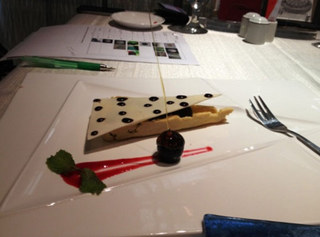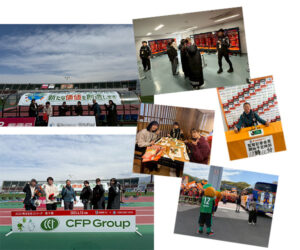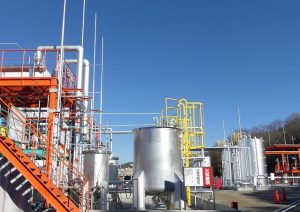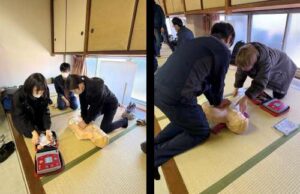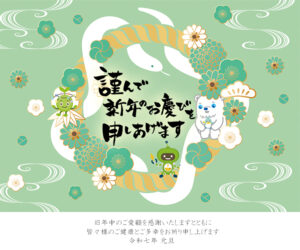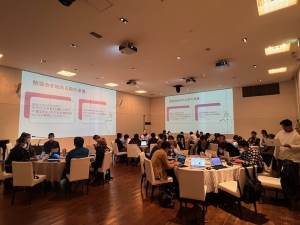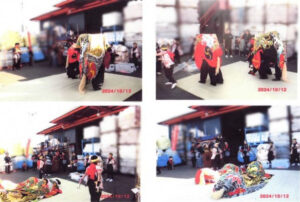6月27日から29日まで 中国廈門(アモイ)へ出張に行ってきました。廈門は、正面には台湾、近隣には韓国や日本及び東南アジアがあり、昔から軍事的に重要な拠点とされていました。
しかし、この町へ入ったらそんな緊張感は感じられませんでした。
大通りの両側のマンゴーの木には、たくさんのマンゴーの実がなっていて、見ているだけで興奮してしまいました。
Xiamen has been an important military position from the past, opposite to Taiwan, close to Japan, Korea and Southeast Asia.
However, I did not feel any tension atmosphere when stayed in town.
I was very excited even only watching to the fruits from the mango trees on both sides of main street.
厦门从过去一直是重要的军事位置,對面是台灣,鄰近有日本,韓國及东南亚。
然而,当置身厦门却没有感觉任何紧张的气氛。
在大道两旁结满蕾蕾果实的芒果树,只是看着就能让心情兴奋起来。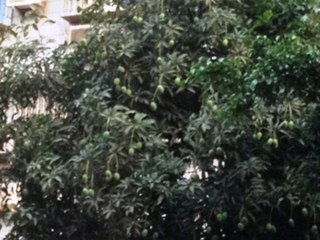 廈門は、中国の改革・開放政策に沿って、1980年代 “経済特区”となり、対外開放されました。
廈門は、中国の改革・開放政策に沿って、1980年代 “経済特区”となり、対外開放されました。
さまざまな外国文化を吸収しながら、経済も猛スピードで大躍進。
高層ビルが立ち並ぶ町の中に、伝統的な建物も見ることができます。
混在する新旧の建物の相違感によって、より一層 町が美しく見えます。
Along with China’s opening policy; Xiamen’s port has been opening since early 1980s.
By absorbing the various foreign cultures, Xiamen economy grows so rapidly.
I can also found some traditional buildings among the high buildings in the town which being preserved.
The mixture of sense of modern and traditional, it making the city looks more beautiful.
80年代初,随着中国的改革开放政策,厦门是早期对外开放的港口。
同时吸收各国的各种文化,经济飞跃地发展。
街道两旁的高楼大厦当中,能够发现保留下来的传统建筑物。
新旧混合的差异感,使城市看起来更美。
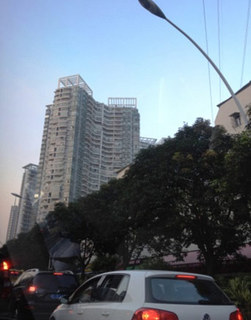
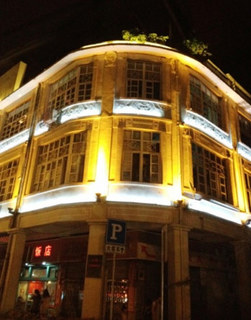
また、地元と台湾の食習慣が混合し、新たな食文化を生み出しています。
中華風・洋風料理も進化しており、さまざまな種類の料理が溢れていました。
現地取引先の責任者の方にご馳走になった夕食、とても美味しかったです。
The mixture of dietary habits of Xiamen and Taiwan created a new food culture.
Chinese and Western dishes evolved various types of dishes.
One of our local suppliers was feasting us a very delicious dinner.
厦门的饮食习惯和台湾混合,产生出崭新的食文化。
中西菜式交匯,演變出各類丰富的菜式。
当地合伙人招待我们,享受一顿非常美味的晚餐。


